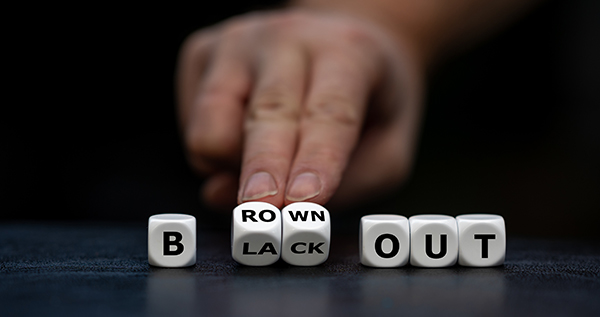 Parler
Parler Gab
Gab
- The Texas House passed HB 366, which criminalizes sharing altered media (e.g., memes, deepfakes) of politicians without a government-mandated disclaimer. Violators could face up to a year in jail.
- While supporters claim the bill combats election misinformation, critics argue its broad wording could punish ordinary citizens for sharing satirical content, chilling free speech. Enforcement would fall to the Texas Ethics Commission, raising concerns about government overreach.
- Opponents liken the bill to censorship in regimes like the United Kingdom, where people are prosecuted for "offensive" posts. Legal experts, including First Amendment attorneys, argue the measure is unconstitutional and could criminalize parody.
- The bill's passage recalls the prosecution of Douglass Mackey, jailed for a satirical 2016 meme about voting. Critics warn HB 366 could similarly weaponize the law against dissent under the guise of "election integrity."
- Some Republicans, like State Rep. Shelley Luther, warned of judicial abuse, while Lt. Gov. Dan Patrick may block the bill in the Senate. The debate highlights tensions between preventing misinformation and protecting free expression.
From memes to mugshots: HB 366 could jail you for a joke
Opponents warned against HB 366, warning that it could stifle grassroots political expression. State Rep. David Lowe (R-District 91) called the bill "dangerous" in a post on X. The State House's approval of the bill moves it to the Texas Senate – with free speech advocates hoping that Lt. Gov. Dan Patrick, a vocal critic of Phelan, could block its progress. Legal experts likewise argue the measure is unconstitutional. Fort Worth attorney Tony McDonald, a specialist on the First Amendment, dismissed HB 366 as "ridiculous." He nevertheless warned that it would criminalize free speech. The bill's broad scope – potentially covering everything from AI-generated videos to radio parodies – has drawn comparisons to restrictive laws abroad, such as the United Kingdom's prosecution of individuals for "offensive" online posts. It also amplifies fears that parody, long protected under the First Amendment, could be punished as a crime. (Related: Police raid German pensioner's home, drag him to court for retweeting meme mocking Green minister as "idiot.") The controversy echoes the case of Douglass Mackey, who was convicted of election interference for a satirical 2016 post suggesting that supporters of former First Lady Hillary Clinton could "vote by text." Mackey, sentenced to seven months in prison, became a symbol of government overreach – with critics arguing his prosecution set a dangerous precedent. HB 366's passage in the State House signals a growing trend of lawmakers targeting online speech under the banner of election integrity – a trend that free speech advocates say threatens the very democracy it claims to protect. The debate over it ultimately underscores a broader tension between combating misinformation and preserving free expression. In an era where memes shape political discourse, the line between satire and deception is increasingly contested. For now, Texans – and Americans watching closely – must weigh whether the government should have the power to decide what counts as a joke. Visit GreaterTexan.com for more similar stories. Watch Owen Shroyer of InfoWars reviewing political memes in this clip. This video is from the InfoWars channel on Brighteon.com.More related stories:
Biden regime says memes constitute "election interference" but arresting your opposition's leading candidate (Trump) isn't. Doug Mackey files an appeal in the election interference/Hillary Clinton "meme" case that sentenced him to seven months behind bars. Social media influencer Douglass Mackey gets 7 months in prison for making Hillary Clinton memes during 2016 presidential election. Sources include: Revolver.news TexasScorecard.com TexasPolitics.com Brighteon.comBy Lance D Johnson // Share
EU embraces censorship over solutions as energy grid crises spark blackout fears
By Willow Tohi // Share
Texas AG Ken Paxton targets fluoride in children’s toothpaste amid health concerns
By Ava Grace // Share
Gates-funded “remote-controlled” birth control sparks debate over global contraception
By Willow Tohi // Share
Governments continue to obscure COVID-19 vaccine data amid rising concerns over excess deaths
By patricklewis // Share
Tech giant Microsoft backs EXTINCTION with its support of carbon capture programs
By ramontomeydw // Share
Germany to resume arms exports to Israel despite repeated ceasefire violations
By isabelle // Share










